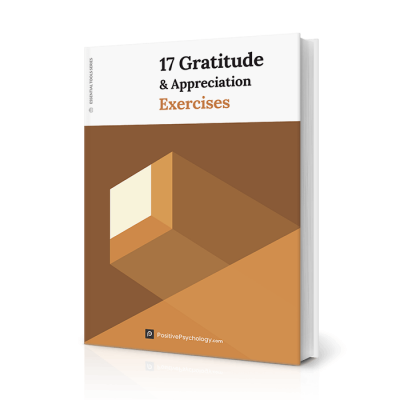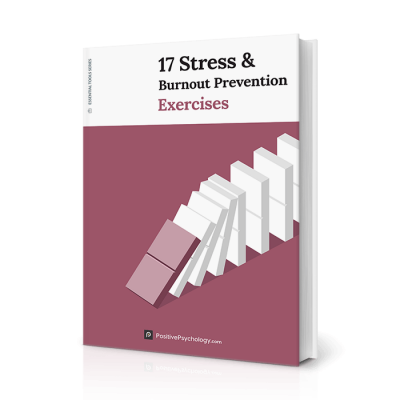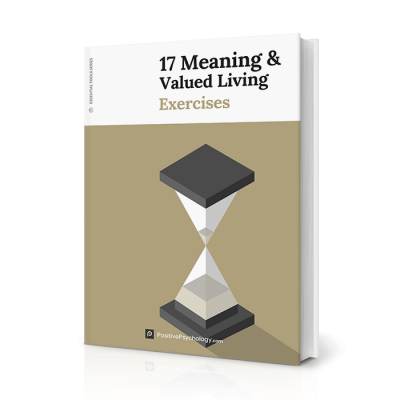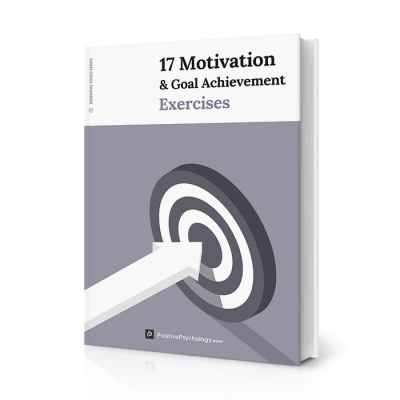You will be equipped with the following tools:
-
Givers, Takers, and Matchers
Help your clients identify individuals in their social network who are givers, takers, and matchers.
-
Improving Expression and Understanding in Relationships
Help your clients to improve communication between partners within a romantic relationship by improving the expression of feelings, increasing understanding, and replacing toxic patterns of relating with healthier communication.
-
Building the 5 Rituals of Connection
Help your clients to create a sense of shared meaning and strengthen the emotional bond between partners in romantic relationships.
-
Interpersonal Savoring
Help your clients to experiment with the experiences of intrapersonal versus interpersonal savoring.
-
Investing in Valued Relationships
Help your clients increase their awareness of the relationships they value most and the extent to which they invest in these relationships.
-
Looking at Difficult People from a Strength Perspective
Increase your clients’ awareness of negative thinking patterns about particular people and to help clients reframe the difficult behavior of others from a strength’s perspective.
-
Managing Toxic Relationships
Help your clients identify toxic relationships in their lives and decide whether and how to move away from these relationships to lessen their negative effects.
-
Building Love Maps
Help your clients in building and maintaining happier, more stable relationships.
-
Mindfully Meeting Other People
Help your clients develop interpersonal mindfulness skills by role-playing a mindful meeting.
-
Showing Affection in Different Ways
Help your clients increase satisfaction and strengthen commitment in romantic relationships by becoming aware of – and adapt to – a partner’s primary love language.
-
Social Network Investment Analysis
Gain insight into the relative closeness of people in your client's social network, as well as attention that is devoted towards them.
-
The Break-Up Plan - Ending Friendships That No Longer Work
Help increase your clients’ awareness of relationships that are no longer working how to end a friendship respectfully.
-
Transcending Pain - Using Personal Suffering to Benefit Others
Help your clients realize the value of their emotional wounds, hurts, and disappointments so that they can be translated into meaningful life directions that may benefit others.
-
Analyzing Relationship Commitment
Help your client make more conscious choices regarding his relationship commitment and investment.
-
Appreciative Inquiry of Relationships
Help your clients to identify positivity in a current important relationship and—with awareness—learn to be in this relationship with appreciative intent.
-
Bucket Fillers
Help your clients understand the effects of their words and behaviors on their well-being and the well-being of others using the bucket filler principle.
-
Building Social Capital
Help your clients expand their social capital by paying deliberate attention to the four main components of high-quality interpersonal relationships.


























Houda Ounnas –
Beautifully sign-posted and organized content!
Debi Pruitt –
These tools solve the “What would you like to talk about today?”(Therapist), “I don’t know…” (Client) quandary. I use them in almost 1/2 of my sessions and clients love them. They empower clients and therapists!